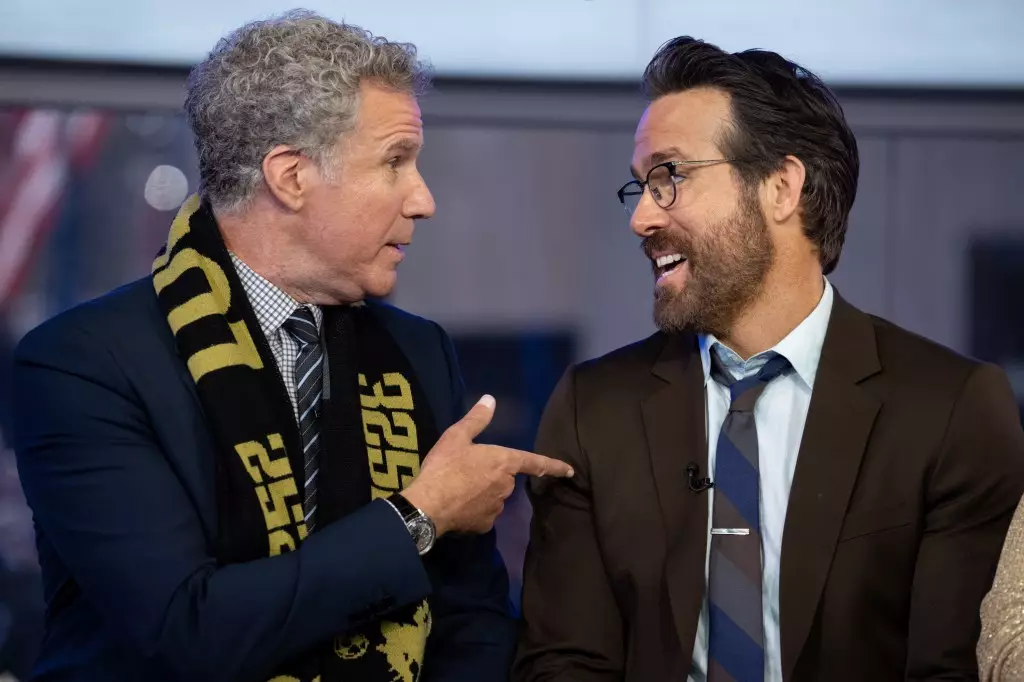Reports have emerged in the UK sports media over the weekend claiming that Hollywood actor Will Ferrell has taken a significant stake in Leeds United Football Club. According to The Sun newspaper, Ferrell, known for his roles in movies such as “Elf,” has fallen in love with English football and decided to invest in the club. While Leeds FC has not officially confirmed Ferrell’s involvement, The Sun suggests that the actor has purchased a share from the club’s US owners, 49ers Enterprises. An insider reportedly stated that Ferrell’s participation will be announced in the coming days, emphasizing his passion for soccer and admiration for the English game.
Will Ferrell joins a growing list of celebrities who have shown interest in English football clubs. With a co-ownership position at Los Angeles FC, Ferrell has already established his love for the sport. He was spotted at various British stadiums last season and made appearances on sports channels discussing his passion for the game. Alongside Ferrell, Hollywood stars like Ryan Reynolds and Rob McElhenney have acquired Wrexham Football Club, leading to increased visibility and success for the team. This trend of celebrities investing in football has become more prevalent, with notable figures like Stormzy, Michael B Jordan, and LeBron James also joining the ranks of team owners in English football.
The involvement of celebrities in football ownership brings a unique blend of stardom and financial resources to the sport. While their contributions can generate excitement and media attention, there are also concerns about the long-term impact of celebrity ownership on clubs. Critics argue that the focus on celebrity investors may overshadow the true essence of the game and lead to inflated player salaries and transfer fees. Additionally, the unpredictable nature of celebrity interests raises questions about their long-term commitment to the clubs and the sport as a whole.
As more celebrities enter the world of football ownership, the landscape of English football continues to evolve. While their presence can bring new opportunities and resources to clubs, there is a need for transparency and accountability in how these investments are managed. The challenge lies in finding a balance between leveraging the star power of celebrity investors and ensuring the sustainability and success of the clubs in the long run. Only time will tell how the influence of celebrities like Will Ferrell will shape the future of English football and whether their investments will leave a lasting impact on the sport.

